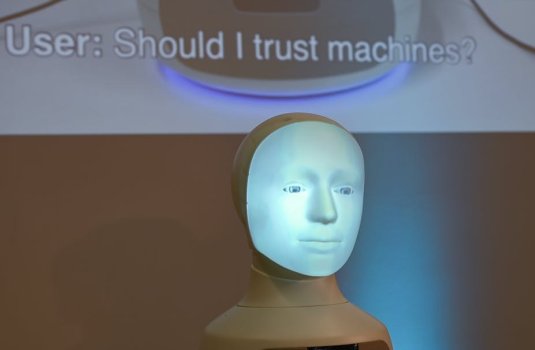Artificial intelligence (AI) was once the stuff of science fiction. But it’s becoming widespread. It is used in mobile phone technology and motor vehicles. It powers tools for agriculture and healthcare.
But concerns have emerged about the accountability of AI and related technologies like machine learning. In December 2020 a computer scientist, Timnit Gebru, was fired from Google’s Ethical AI team. She had previously raised the alarm about the social effects of bias in AI technologies. For instance, in a 2018 paper Gebru and another researcher, Joy Buolamwini, had showed how facial recognition software was less accurate in identifying women and people of color than white men. Biases in training data can have far-reaching and unintended effects.
There is already a substantial body of research about ethics in AI. This highlights the importance of principles to ensure technologies do not simply worsen biases or even introduce new social harms. As the UNESCO draft recommendation on the ethics of AI states:
Continue reading: https://theconversation.com/defining-whats-ethical-in-artificial-intelligence-needs-input-from-africans-171837
But concerns have emerged about the accountability of AI and related technologies like machine learning. In December 2020 a computer scientist, Timnit Gebru, was fired from Google’s Ethical AI team. She had previously raised the alarm about the social effects of bias in AI technologies. For instance, in a 2018 paper Gebru and another researcher, Joy Buolamwini, had showed how facial recognition software was less accurate in identifying women and people of color than white men. Biases in training data can have far-reaching and unintended effects.
There is already a substantial body of research about ethics in AI. This highlights the importance of principles to ensure technologies do not simply worsen biases or even introduce new social harms. As the UNESCO draft recommendation on the ethics of AI states:
Continue reading: https://theconversation.com/defining-whats-ethical-in-artificial-intelligence-needs-input-from-africans-171837

